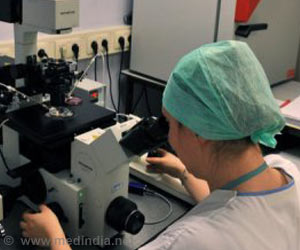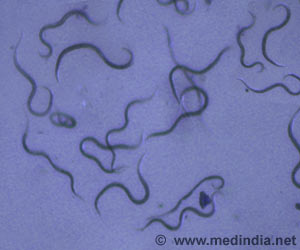Pediatricians may do more harm than good by prescribing acid-reducing drugs for infants with non-specific gastrointestinal symptoms like occasional vomiting.

The study found that 2.6% (17 of 650) of the children diagnosed with C. diff. infection had used PPIs/H2RAs within 90 days, compared with just 0.3% (8 of 3,200) of the controls. In other words, use of acid-reducing drugs in children resulted in a seven-fold increase in risk for infection with C. diff.
The effect was stronger for PPIs, which are more powerful than H2 receptor antagonists. The scientists suspected that, like antibiotics, acid reducing medications may increase the risk of C. diff. infection by altering the gastrointestinal microbiome.
The study is published in the Clinical Infectious Diseases.
Source-ANI









